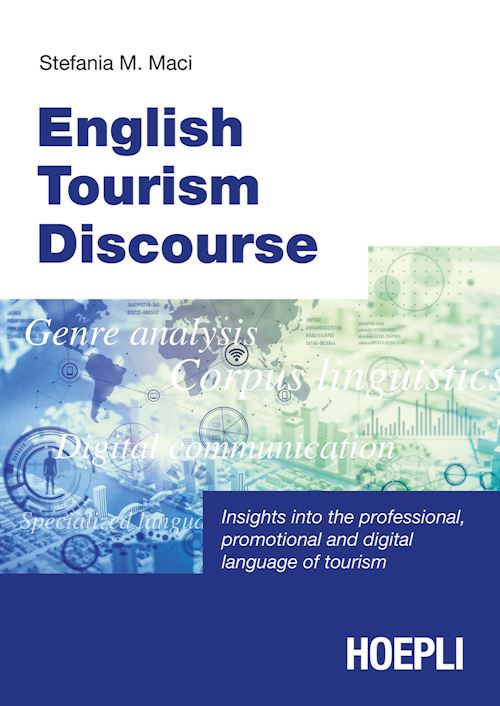Suggerimenti
Qui di seguito alcuni testi suggeriti

In the last few decades, the rapid growth of the demand-supply processes in the travel sector has caused a dramatic development of the tourism industry. In order to sell the same product to different targets and on different markets, tourist organizations need to develop different genres presenting the same content with the same illocutionary purpose. This is linguistically attained thanks to the elaboration of professional, promotional and digital forms of discourse which employ rhetorical strategies complying with the use of particular lexical items, specific syntactical structures and precise textual levels of the language employed.
By combining corpus linguistics and genre analysis, this volume aims to investigate if and to what extent tourism discourse dynamically reflects those new societal trends that have caused any development of the tourism industry.
The results suggest that tourism discourse seems to have developed new linguistic strategies in both specialized and promotional purposes, characterized by the rise of a new hypertextual mode of communication euphorically describing the destination and conveying the idea that tourists are solely responsible for their choice of off-the-beaten-track destination.
This volume, primarily aimed at undergraduate and postgraduate students, may also be of interest to any researchers or scholars interested in tourism discourse from a sociosemiotics perspective and discourse analysis. The corpus-based approach makes this the ideal introduction for all students and scholars interested in tourism discourse.
The role of discourse in the tourism industry -Tourism discourse in specialized genres: planning and governance - Tourism discourse in specialized genres: the language of European tourism recommendations - Tourism promotional discourse - Tourism advertising texts - Catalogues, brochures and itineraries - Inflight magazines - Tourist guidebooks - Digital communication in tourism - Concluding remarks. Glossary of linguistics and tourism terms.
Stefania M. Maci (PhD, Lancaster University, UK) is Pro Vice-Chancellor (Education) and Full Professor of English Language and Translation at the University of Bergamo; Director of the Research Centre of Specialized Languages (CERLIS), she is member of various Applied Linguistics research centres. She is also in the Board of the Italian Association of English Studies (AIA).
Qui di seguito alcuni testi suggeriti